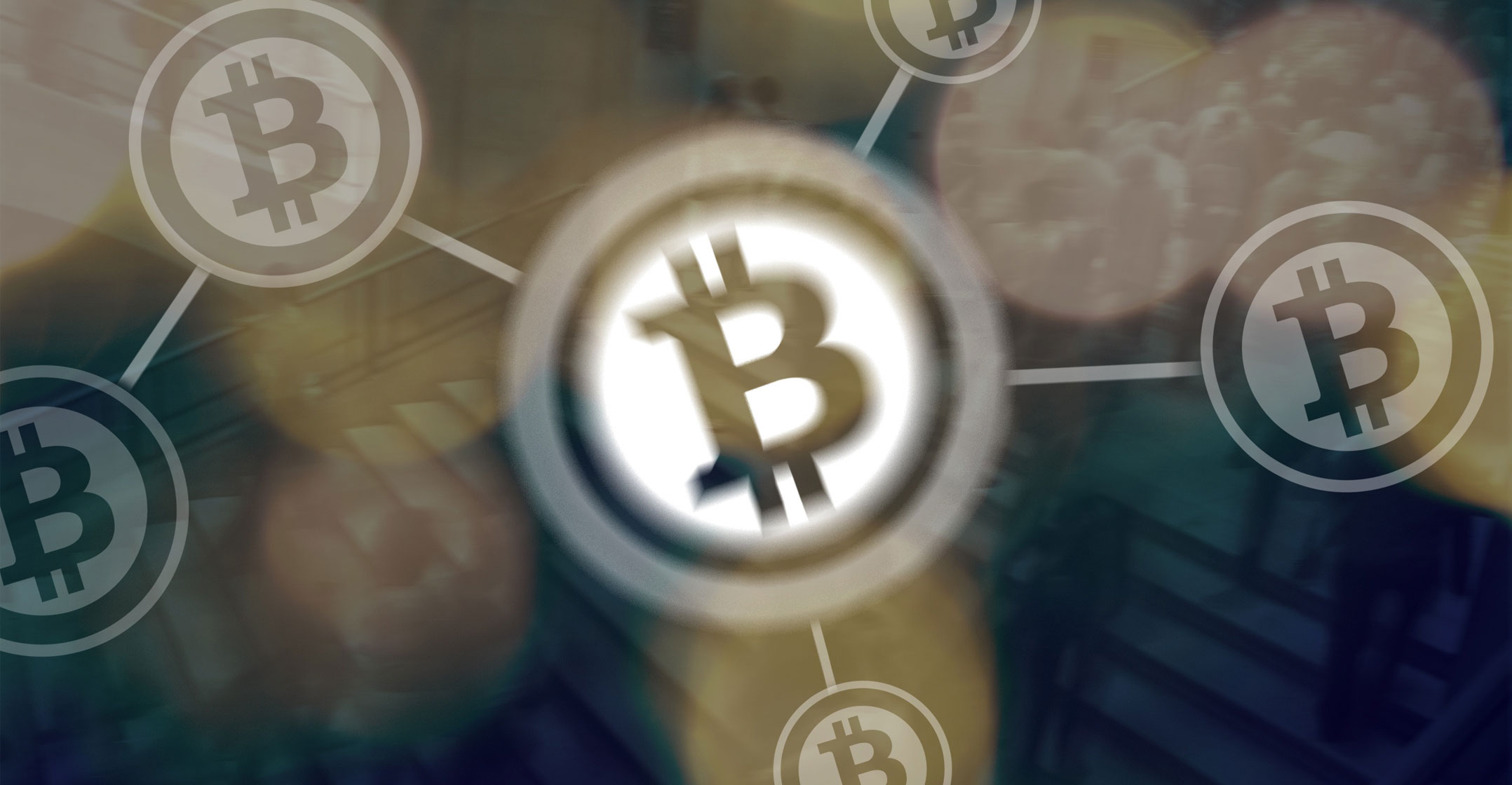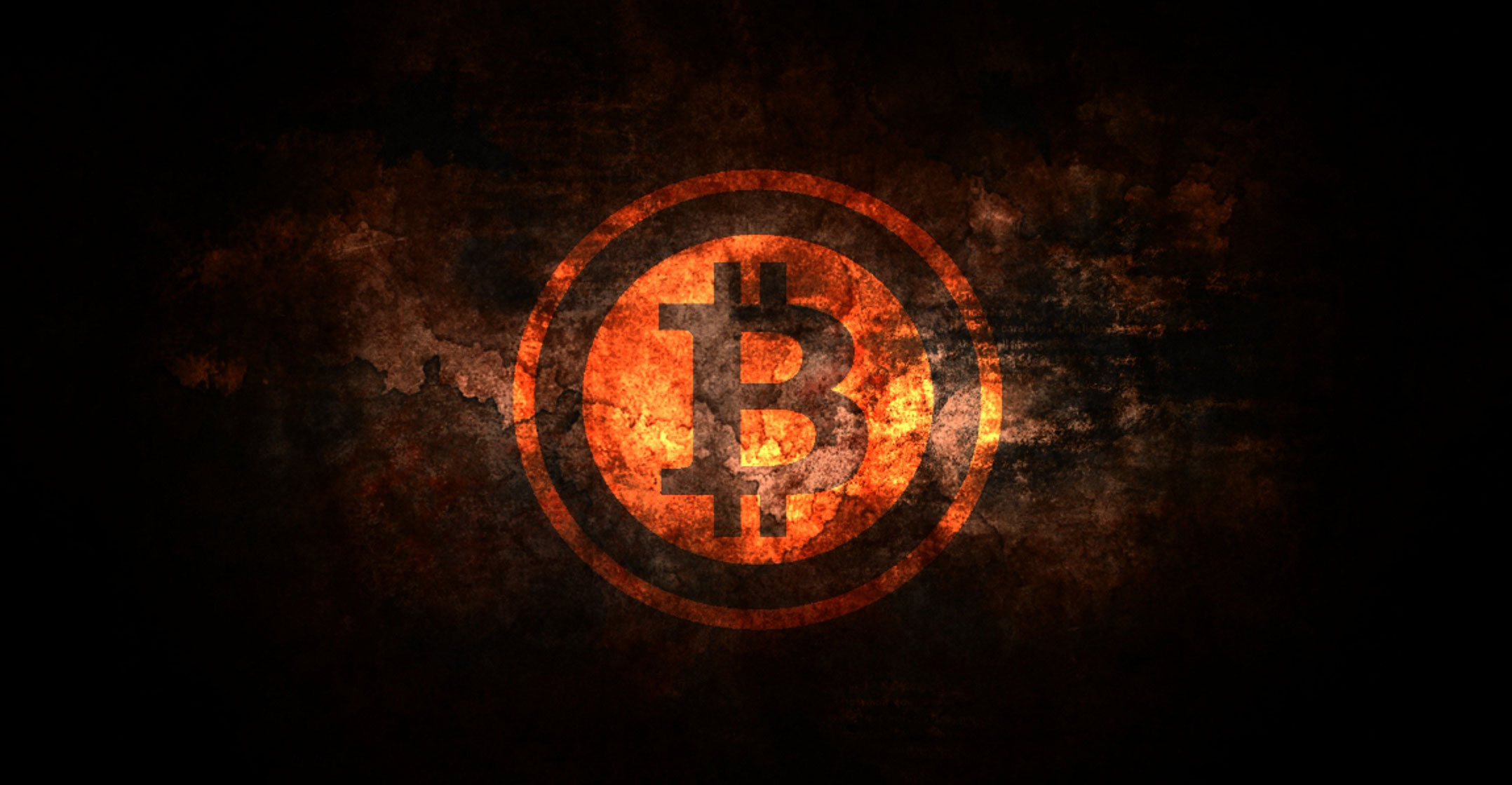
[dropcap]B[/dropcap]itcoin is gold for millennials. Or maybe it’s that generation’s fine wine and collectible art. Or just a bubble waiting to burst.
For foreign-exchange analysts trying to use traditional methods to value the so-called cryptocurrency and its digital cousins, it may be all of the above — but it’s not quite a currency.
“It is difficult to use standard FX valuation frameworks that are based on the fundamental drivers of the currency, like relative productivity, or terms of trade of the country, because there are no such concepts,” said Juan Prada, a New York-based currency strategist at Barclays Capital.
The market capitalisation of digital currencies has soared to around US$100bn (R1,3 trillion) since the start of the year, with bitcoin almost tripling in price to as high as $2 938,50 on Tuesday, as the frenzy around cryptocurrencies grows. Demand is swelling as more companies embrace blockchain and the similar technologies backing the various methods of exchange and some investors see it as a haven from uncertainty across the globe.
While the technology is used as a means of payment — the most basic function of money — it may be better to view digital currencies like gold or say, a painting, than a traditional currency. Bitcoin is more volatile than even the most capricious fiat currencies and its decentralised structure makes it difficult to consider valuation.
“Both gold and bitcoin are different from usual currencies in the sense that there is not a single economic entity that uses it as a medium of exchange and unit of account,” Prada said.
Commodities
That aligns with the view of the US Commodity Futures Trading Commission, which in September 2015 said that bitcoin and other virtual currencies were officially considered commodities. By saying so, the CFTC was able to assert its authority to provide oversight of the trading of cryptocurrency futures and options in the future.
Nick Bennenbroek, the head of currency strategy at Wells Fargo Securities, said to the extent bitcoin could be viewed as a form of wealth or an investment, it could be considered under the class of somewhat vague alternative assets.

“As an alternative asset, there might be some value in this electronic product because (a) you can use it for payment and (b) there might be some value from this blockchain and the ability to, in a decentralised manner, verify transactions,” Bennenbroek said . “There are other forms of assets, like people sometimes buy paintings and that’s part of their portfolio. People buy wine bottles. But some people would argue there is some intrinsic value in a painting.”
Tech billionaire Mark Cuban weighed in Tuesday on the speculation, saying on Twitter that bitcoin is a bubble, helping to trigger a more than $200 intraday price swing. Cuban noted: “I’m not questioning value. I’m questioning valuation.”
“It’s definitely a medium of exchange, but the price volatility means that as a unit of account, if you’re measuring stuff in bitcoin, it’s not very helpful,” Bennenbroek said.
Buying assets as a haven can have unexpected consequences. China’s three biggest bitcoin exchanges said last week they were ending a self-imposed moratorium on withdrawals that came almost four months ago following increased scrutiny from Chinese authorities amid concerns of capital flight and money laundering. In February, the People’s Bank of China had told bitcoin venues that it would close exchanges that violated rules on foreign exchange management, money laundering and payment and settlement.
“You can’t really come up with a valuation for it and it doesn’t yield anything yet people perceive it as a safe place just in case everything else goes completely nuts,” said Brad Bechtel, a currency strategist at Jefferies. — Reported by Alexandria Arnold, (c) 2017 Bloomberg LP




